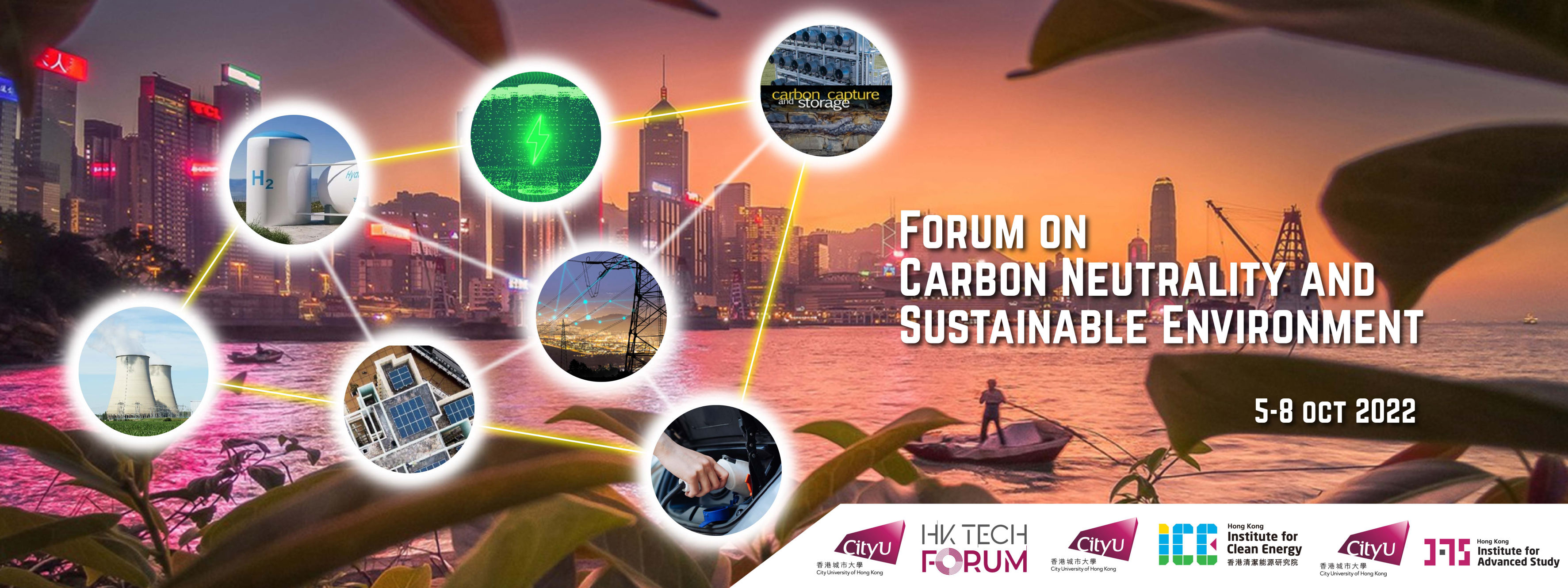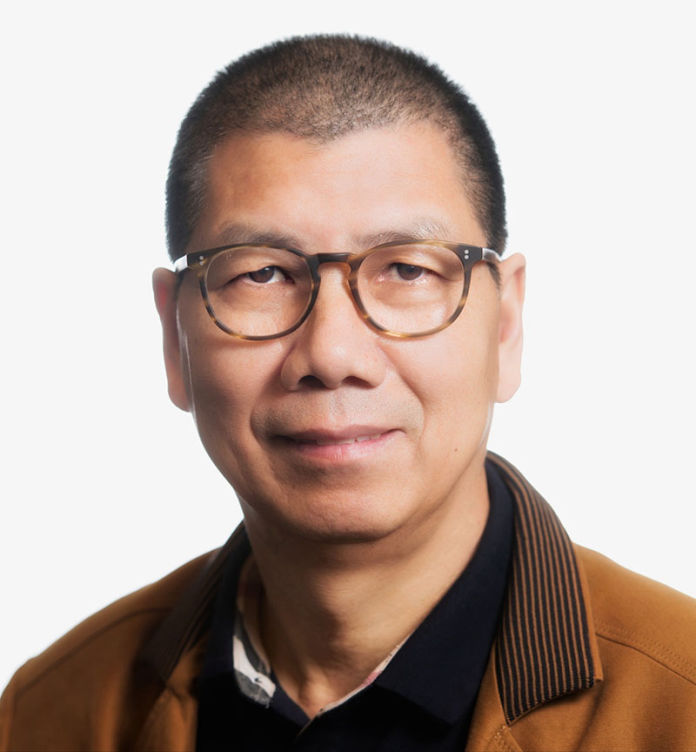Keynote Speaker
Biography
Jun Liu is the Washington Research Foundation Innovation Chair in Clean Energy, Campbell Chair Professor of Materials Science & Engineering, Professor of Chemical Engineering, and a Battelle Fellow at the Pacific Northwest National Laboratory (PNNL). He also serves as the Director for Innovation Center for the Battery500 Consortium, a multi-institute program supported by the U.S. Department of Energy (DOE) with the goal of developing next generation batteries. In the past, he has served as senior researchers at the Pacific Northwest National Laboratories, Bell Laboratories and Sandia National Laboratories. He also served as the Department Manager for Chemical Synthesis and Nanomaterials at Sandia, the Thrust Leader for the Complex Materials for the Integrated Center for Nanotechnologies (CINT), Lead Scientist for Cross-Cutting Sciences for the Joint Center for Energy Storage Research (JCESR), Laboratory Fellow and Division Director for Energy Processes and Materials Division at PNNL.
Jun is the recipient of the Battery Division Technology Award from The Electrochemical Society (ECS), two R&D100 Awards and the DOE EERE Exceptional Achievement Award. He is an elected member of Washington Academy of Science, a Materials Research Society Fellow, and an American Association for the Advancement of Science Fellow. He has been ranked in the top one percent of highly cited researchers since 2014 (Clarivate Analytics). He was named a Distinguished Inventor of Battelle in 2007, and was selected as PNNL's Inventor of the Year in 2012 and again in 2017.
Future Energy Infrastructures, Energy Platforms and Energy Storage
Jun LIU
Abstract
Today fossil energy dominates energy consumption across the world. There has been an increasing momentum to reduce fossil energy consumption and increase renewable energy utilization. Such high penetrations of distributed renewable resources bring large uncertainty and complexity that cannot be easily handled by the current infrastructure. Here we discuss a platform-based approach, called the energy platform as a viable solution for addressing the renewable energy challenges. The energy platform consists of an array of computational algorithms, sensing and control technologies for key industry, energy generators and users to jointly manage and control the complex energy infrastructure. The energy platform also requires breakthroughs in many areas, including large scale energy storage, efficient power electronics, sensors and controls, new mathematical and computational tools, and deep integration of energy technologies and information sciences to control and stabilize such complex systems.

